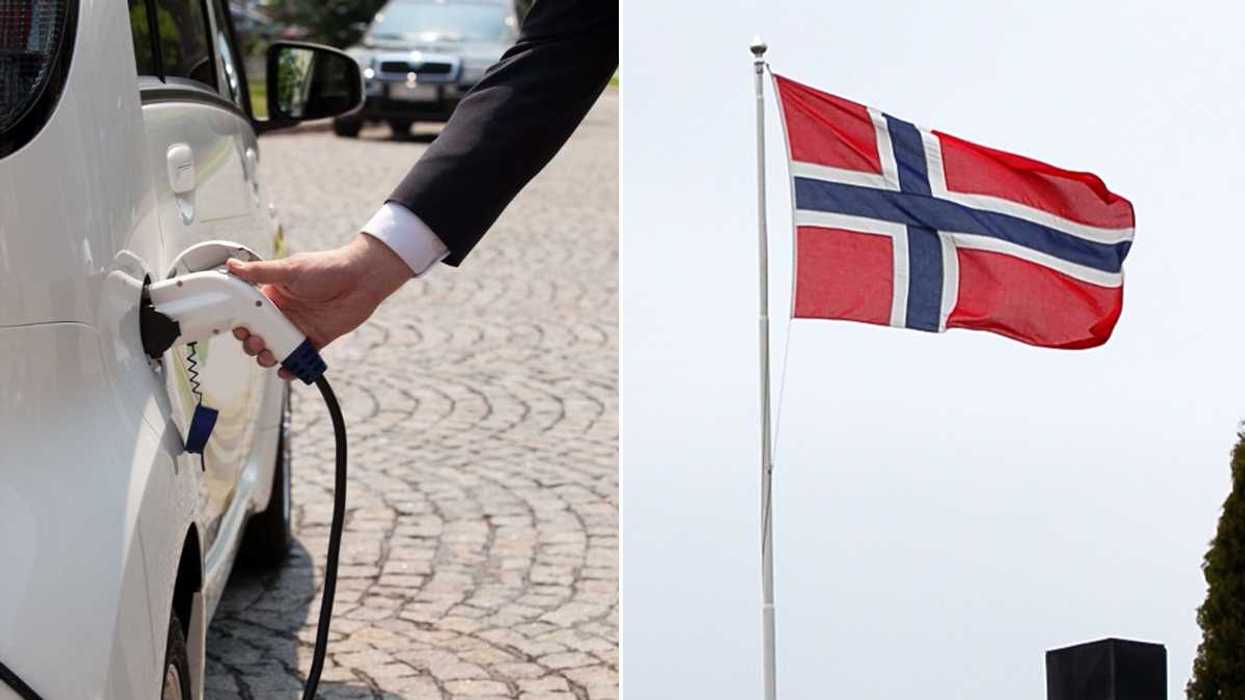American tennis is in the midst of an epic drought, where the United States’ top players can’t compete against the world’s best. Well, that’s only if you ignore the dominance of the Williams sisters, Serena and Venus, or just dismiss women’s tennis altogether.
Andy Murray is not about to allow that to happen. Today Murray lost to Sam Querrey, who became the first American man to make it to a Grand Slam semifinal since 2009. At Murray’s press conference after the match, a reporter wanted him to opine on American futility, but when the journalist failed to specify that it was only the U.S. guys who weren’t pulling their weight, he corrected him.
Murray certainly wasn’t amused by the chuckle from the press at him pointing out that women’s tennis exists, looking annoyed and grumbling at the scrum’s reaction.
That’s because this wasn’t just some tossed-off remark from the world’s number one player, looking to score a few social media points for being a #wokebae. He has the receipts to show he’s been pushing back on casual and institutional disrespect of women in tennis for a while now.
Last year, when a prominent tournament director said women should be grateful for the men’s game boosting the profile of women players and then was followed by top-ranked player Novak Djokovic saying men deserved to be paid more than women, Murray was not having it. He countered both of them, saying, “I think there should be equal pay, 100%, at all combined events.”
And just this week, Murray spoke out about how Wimbledon’s organizers weren’t scheduling enough women’s matches on the marquee courts, giving male player’s double the opportunities to play in front of the tournament’s biggest crowds.
Players on the women’s tour have appreciated Murray’s support. “He’s so positive with women players. He doesn't play favourites. And then he's always watching women's tennis,” Serena Williams said after winning the French Open two years ago. “He watches more than I do and makes me feel bad. I'm like, gosh. I think that's inspiring. He really is pro-woman.”
It has all made his mother very proud.
















 Leonard Cohen performs in Australia in 2009.Stefan Karpiniec/
Leonard Cohen performs in Australia in 2009.Stefan Karpiniec/  Enjoying a sunset.Photo credit
Enjoying a sunset.Photo credit 



 Amoxicillin is a commonly prescribed broad-spectrum antibiotic.
Amoxicillin is a commonly prescribed broad-spectrum antibiotic.  Chart: The Conversation, CC-BY-ND
Chart: The Conversation, CC-BY-ND
 An envelope filled with cashCanva
An envelope filled with cashCanva Gif of someone saying "Oh, you
Gif of someone saying "Oh, you
 Two penguins play by the waterCanva
Two penguins play by the waterCanva
 A parking lot for charging electric vehicles.Photo credit
A parking lot for charging electric vehicles.Photo credit  Oil production.Photo credit
Oil production.Photo credit  Sun shines over the Earth.Photo credit
Sun shines over the Earth.Photo credit